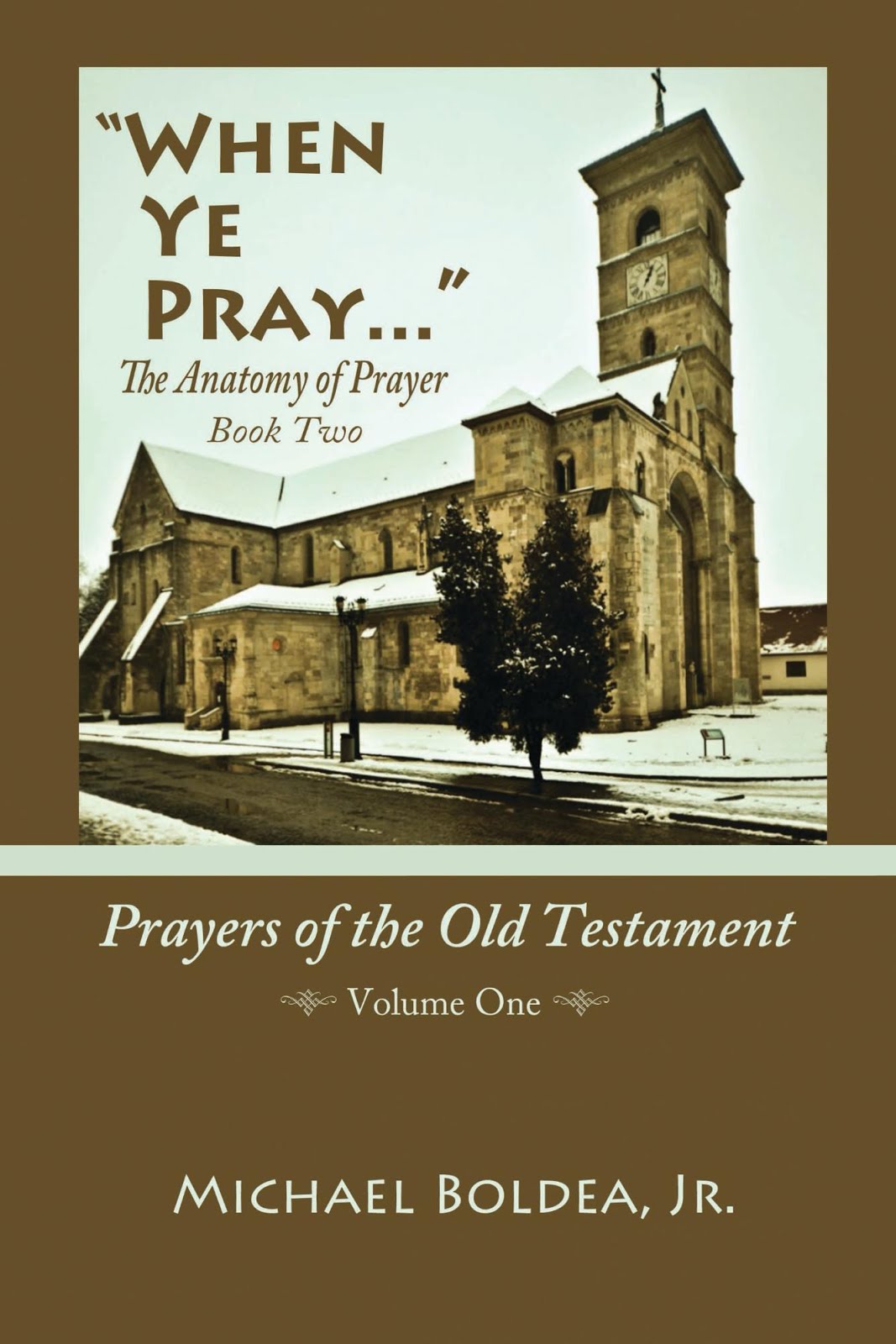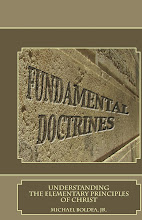If
one strives for intellectual honesty it is nearly impossible to reconcile some
of the passages in the Bible with the infantile, self-obsessed doctrines men
have been manufacturing as of late. With each passing year it seems the focus
on the self becomes all the more laser like, while the focus on Jesus is almost
nonexistent. Jesus has become optional for many professing believers. He has
become something to be taken or left depending upon the mood they happen to be
in that day, or whether or not Jesus convicted the particular sin they are
about to partake of.
Because
those who would speak truth are as a thorn in the side of the duplicitous and
compromised, theirs is not a ‘live and let live’ mentality, but rather, ‘believe
as I believe or else!’ When you politely tell them that you cannot believe as
they believe because what they believe is not scripturally sound, you will
inevitably be called judgmental, told the take the beam out of your own eye, be
accused of legalism and branded as one who believes in works, or that works are
a natural part of the believer’s journey.
As
spoiled petulant children the world over, we’ve come to expect, and feel as
though we are entitled to receiving everything on a silver plate, on our terms,
and without having to ever sacrifice an iota of anything.
‘Heaven’s all
good as long as it doesn’t cut into the time I’ve allotted for other important
things in my life like television watching or video games. Make it easy, make
it pain free, make it my way right away, then perhaps I’ll sign up.’
And
so, we did. We saw the potential of millions of tithers if only we would lower
the bar to the point of nonexistence, and we jumped at the chance to achieve
genius level salaries with less than average intelligence. The race was on.
Every time you turned on ‘Christian’ television, the bar kept getting lower,
the entry fee kept getting lessened, and pretty soon, it wasn’t ‘repent, turn
to God, break ties with your sins and serve Him with all your heart mind and
soul’, it was ‘make a vow of a thousand dollars today, and if it helps you can
pay it off in installments.’
For
long and long business was good for these charlatans, because men will go to
great lengths to appease their burdened consciences, and giving a few bucks now
and again seemed like a downright bargain. For long and long those whose
convictions would not let them go along with the nonsense were browbeaten,
shunned, ostracized, and made to feel as though there was something wrong with
them for striving to serve Jesus biblically.
Satan
laughed, the world snickered, and men who would have otherwise had difficulty
getting a job as a toll booth operator became multi-millionaires and niche
superstars. The devil knows that once you get accustomed to a certain
lifestyle, once you get accustomed to the finer things in life it’s hard to
give them up, to walk away, to denounce them as the trifle tidbits they are.
And so, our esteemed preachers began defending their wealth rather than defending
Jesus, they began defending their extravagant lifestyles rather than the faith,
and since the beast needs to get fed, and the personal kingdoms built up, they
continued shoveling their nonsense with greater fervor than ever before.
We
read the words of Peter, and they sound nothing like the words being preached
by most preachers today. It’s almost astounding that Peter never talked about
prosperity, or self-esteem, or having your cake and eating it too. He never
mentioned great wealth, but rather various trials, never mentioned prosperity,
but rather having the genuineness of our faith tested. In the end, it turns out
the end of our faith isn’t to get rich, it’s not to have stuff, but to receive
the salvation of our souls.
1 Peter 1:8-9, “Though
now you do not see Him, yet believing you rejoice with joy inexpressible and
full of glory, receiving the end of your faith – the salvation of your souls.”
‘But there’s got
to be more. We have to offer people something more than just eternity with God.
We have to promise them something here on earth, there has to be a catch, a
hook, something to get their flesh excited.’
No,
there doesn’t have to be anything more! No we don’t have to offer people
something more than salvation! There doesn’t have to be a hook, and anyone who understands
the temporality of this present existence and the eternity of the existence to
come will come to see these truths as well.
With love in Christ,
Michael Boldea Jr.












